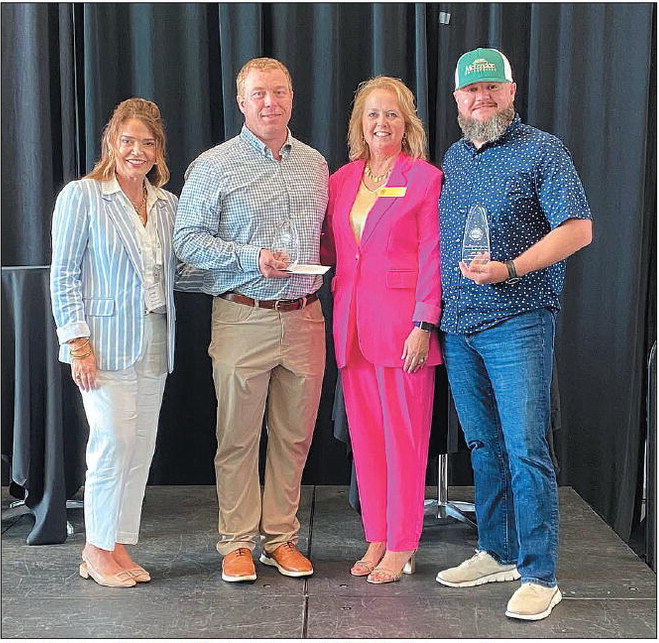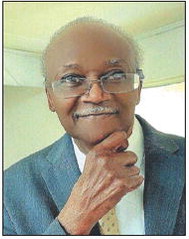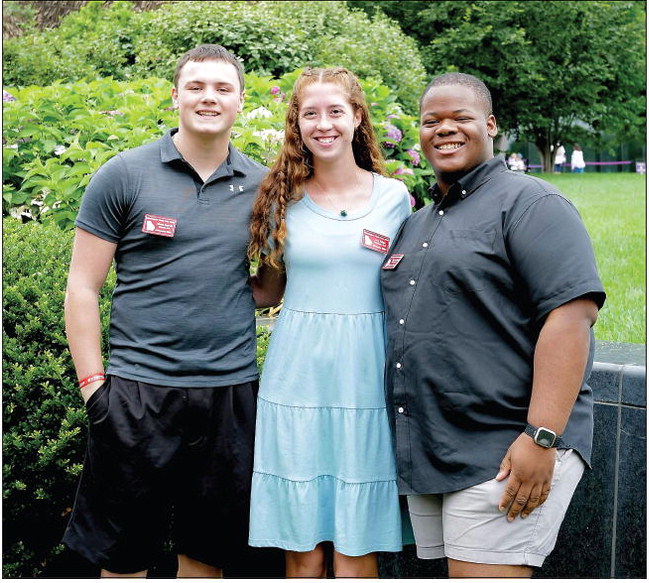continued from page ries of ….
continued from page
ries of the 1959 season.
Coach Wallace Butts, the toast of the collegiate game in the forties when his pass-oriented offenses dominated the SEC, had fallen on hard times in the fifties. He didn’t recruit as well, and he had difficulty defeating his cross-state rival, Georgia Tech.
When Theron Sapp’s one yard touchdown plunge broke the drought in 1957, the worm turned and turned dramatically. Since that time, the Bulldogs have dominated the series with their archrival, 49- 18.
Butts’ rebound in 1959 was heartwarming throughout the state of Georgia as the legion of Dawg fans were anxious to pay tribute to the Bulldogs in every one of the 159 counties—from Raburn Gap to Hahira; Tybee Light, to Lookout Mountain.
The favorites to win the SEC were LSU, Ole Miss and Auburn. LSU, the defending national champion, eliminated Ole Miss with Billy Cannon’s historic punt return on Halloween night in Baton Rouge. The next week in Knoxville, Cannon’s effort to keep the Tigers undefeated failed as the home team stopped Cannon on a two-point conversion attempt which eliminated LSU from the title chase. When the Bulldogs, led by Fran Tarkenton, upset Auburn in one of the classic all-time games between the hedges, Georgia became the surprise SEC champions.
Those were heady days. Athens became intoxicated, euphoric, and emotionally out of control. It continued right on through the Orange Bowl where two Tarkenton touchdown passes to the late Bill McKenny and the late Aaron Box took the measure of Missouri 14- 0.
I have never seen the state so receptive to a championship team as it was following the Orange Bowl. Butts was back and so were All-Americans Fran Tarkenton and Pat Dye—for the 1960 season. Season ticket sales were over the top, at least for the times.
Dan Magill, the sports information director, Bulldog Club Secretary, and tennis coach was at this all-time best, organizing celebrations and tributes across the state. In conjunction with the Touchdown Club of Athens, Magill came with a coronation party that celebrated Georgia’s noteworthy success with a “hard times are over” theme.
It was short lived, however. In the spring of 60, line coach J. B. Whitworth, whose leadership had a monumental impact on the team’s attitude and performance, died of a heart attack in the spring as a snowstorm hit Athens.
The Bulldogs posted a 6-4 record in 1969 but defeated Tech 7-6 in Athens with Dye’s big-play playmaking the difference. Moving to defensive end where his speed and quickness were impactful, he blocked a Tech field goal attempt and an extra point attempt which turned out to be the margin of victory.
Butts’ last four years were bittersweet. The ‘57 team won only three games and the ’58 team four, but his teams defeated Tech each year to perpetuate a four-game streak.
The highlight was the Orange Bowl invitation. The team flew from Atlanta to Miami, the first airplane ride for many of the players. Florida Highway A1A was overrun with cars, featuring Georgia license plates. Some fans drove down U. S. 441 so they could visit Silver Springs, a big tourist attraction in those days, to see the famous herpetologist, Ross Allen, milk rattlesnakes. Everybody enjoyed Miami Beach and tourists flocked to hotels such as the Eden Rock and Fontianbleau just to see all that luxury.
The Georgia players were amazed at the jai alai competition, the “fastest game ever played,” its promoters said. There was horseracing and restaurants with extravagant menu prices and pretty, white beaches.
Tarkenton led the Dogs to victory, and you would have thought that Athens was the center of the universe had you walked into the downtown Varsity for a couple of chili dogs and a frosted orange for the next six months.





